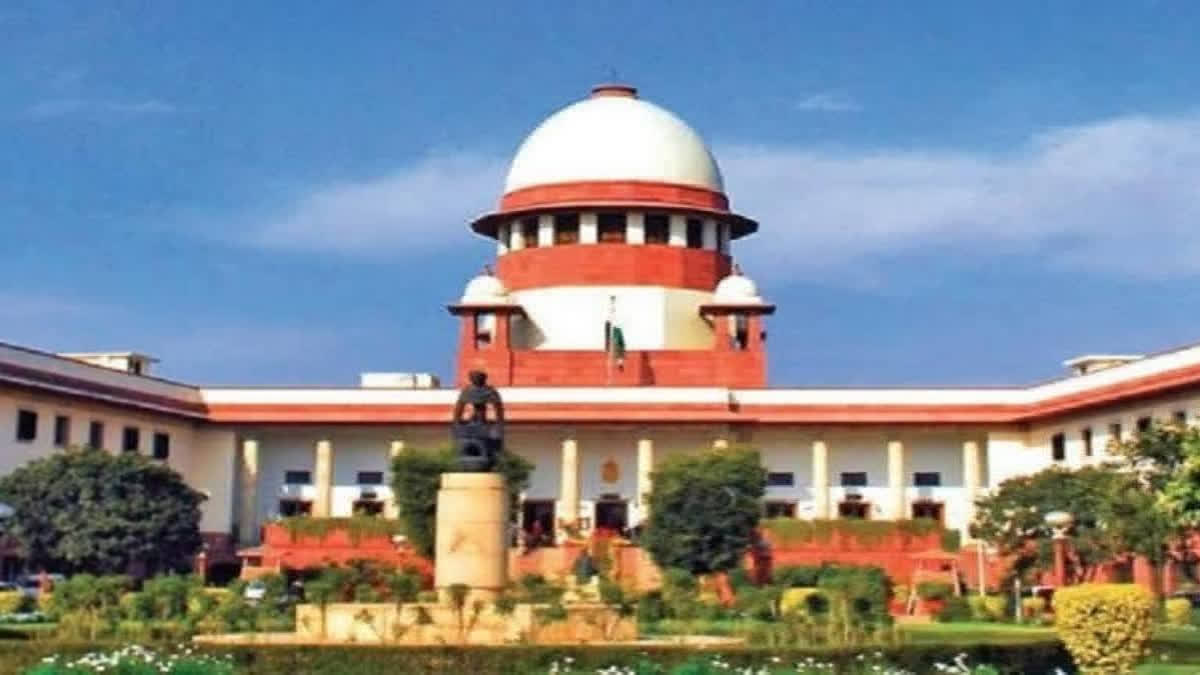New Delhi:The Supreme Court on Monday said judges of the apex court, the High Court, MPs, MLAs, officers of the All India Service (AIS) and journalists cannot be treated as a separate category for allotment of land at a discounted basic value in preference to others.
The apex court, while cancelling the allotment of land parcels to cooperative societies, within the Greater Hyderabad Municipal Corporation (GHMC) limits, said the state cannot exercise discretion to benefit a select few elites disproportionately, especially ones, who are already enjoying pre-existing benefits and advantages.
A bench comprising Chief Justice of India Sanjiv Khanna and Dipankar Datta cancelled the orders issued by the united Andhra Pradesh government in 2005 to allot land to MPs, MLAs, officers of the All India Service (AIS)/state government, judges of the constitutional courts, and journalists.
The bench said a careful study of the policy indicates that higher echelons of all the three wings of the government--legislators, bureaucrats and judges of the Supreme Court and High Courts--have been afforded such preferential treatment and journalists, who are considered the fourth pillar of democracy, have also been included.
“These four pillars of democracy are expected to act as checks and balances on the arbitrary exercise of the state’s power. However, the distribution of such extraordinary state benefits renders nugatory the very optics of healthy checks and balances within our democratic system," said the CJI, who authored the judgment on behalf of the bench.
The CJI said the core framework of these policies suffers from the malaise of unreasonableness and arbitrariness and it reeks of colourable exercise of power whereby the policymakers are bestowing valuable resources to their peers and ilk, triggering a cycle of illegal distribution of state resources.
“The state holds all its resources in trust for its citizens, to be utilised in larger public and social interest. The state, including the three organs--Legislature, Executive and the Judiciary-- are de facto trustees and agents/repositories which function and govern for the benefit of the citizens, who are the beneficiaries," said the bench, adding that the allotment policy fails to satisfy the requirements of the two-pronged classification test coupled with arbitrariness.
The CJI said the policies in question are a relevant example to show that merely being treated alike can lead to injustice and the pursuit of consistency through classification, while appealing in theory, does not ensure that the classification is either appropriate or equitable in practice.
